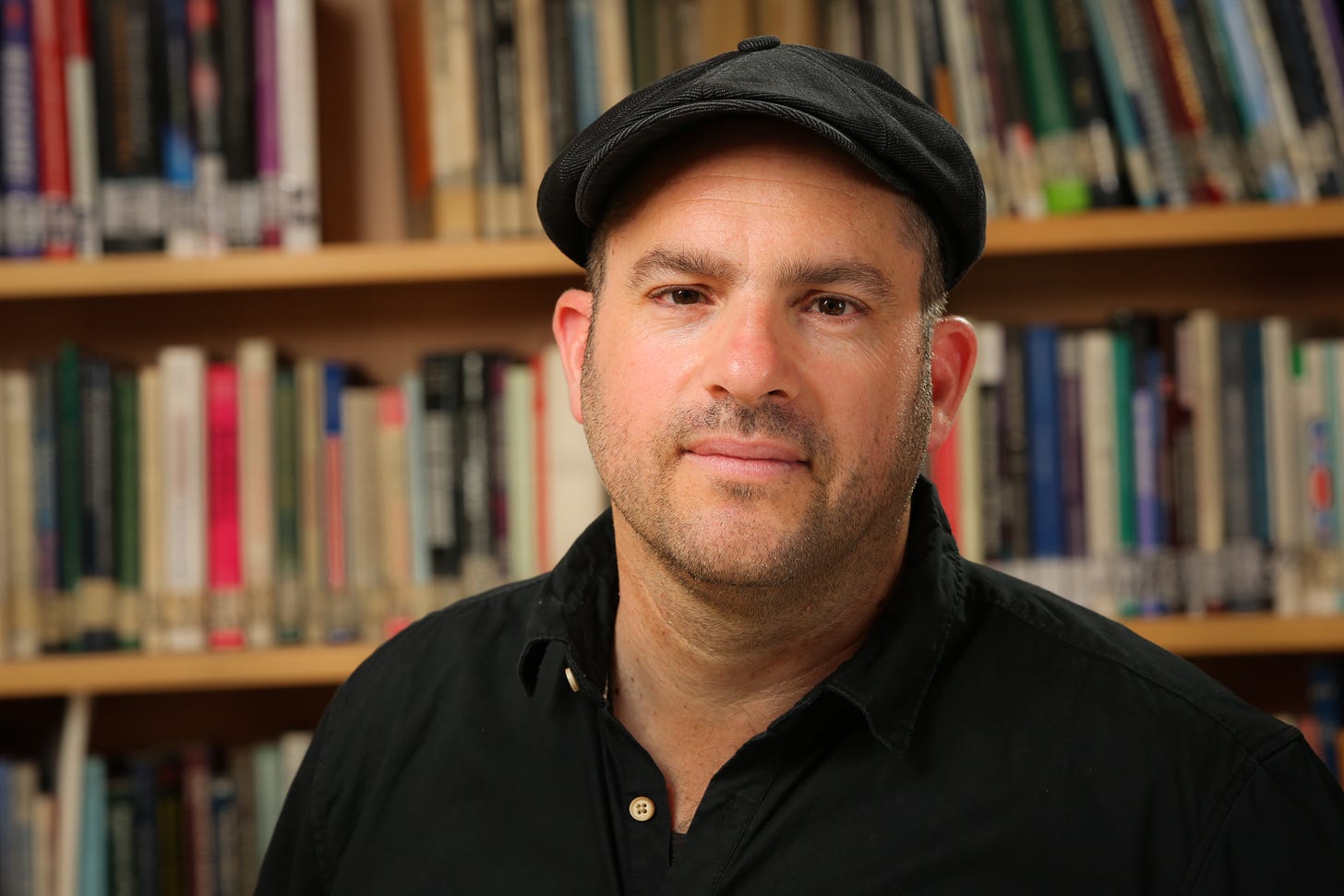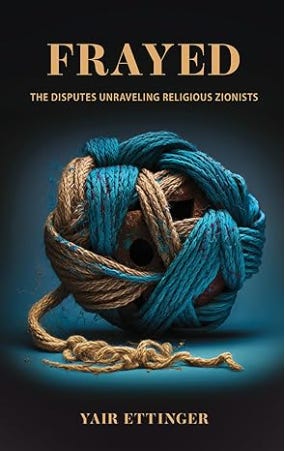Democratic elections were held in Gaza yesterday for the first time in twenty years.
Of course, they were Israel’s municipal elections, with balloting locations set up for soldiers who could not return home to vote. (All photos from IDF Spokesman’s Unit).
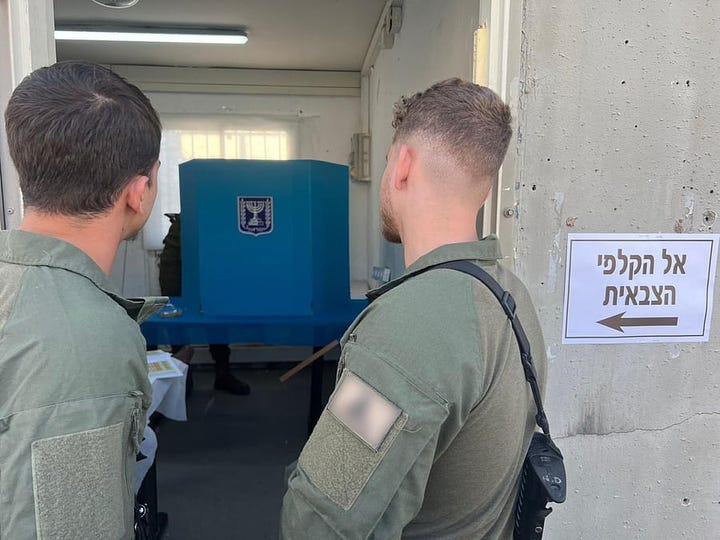
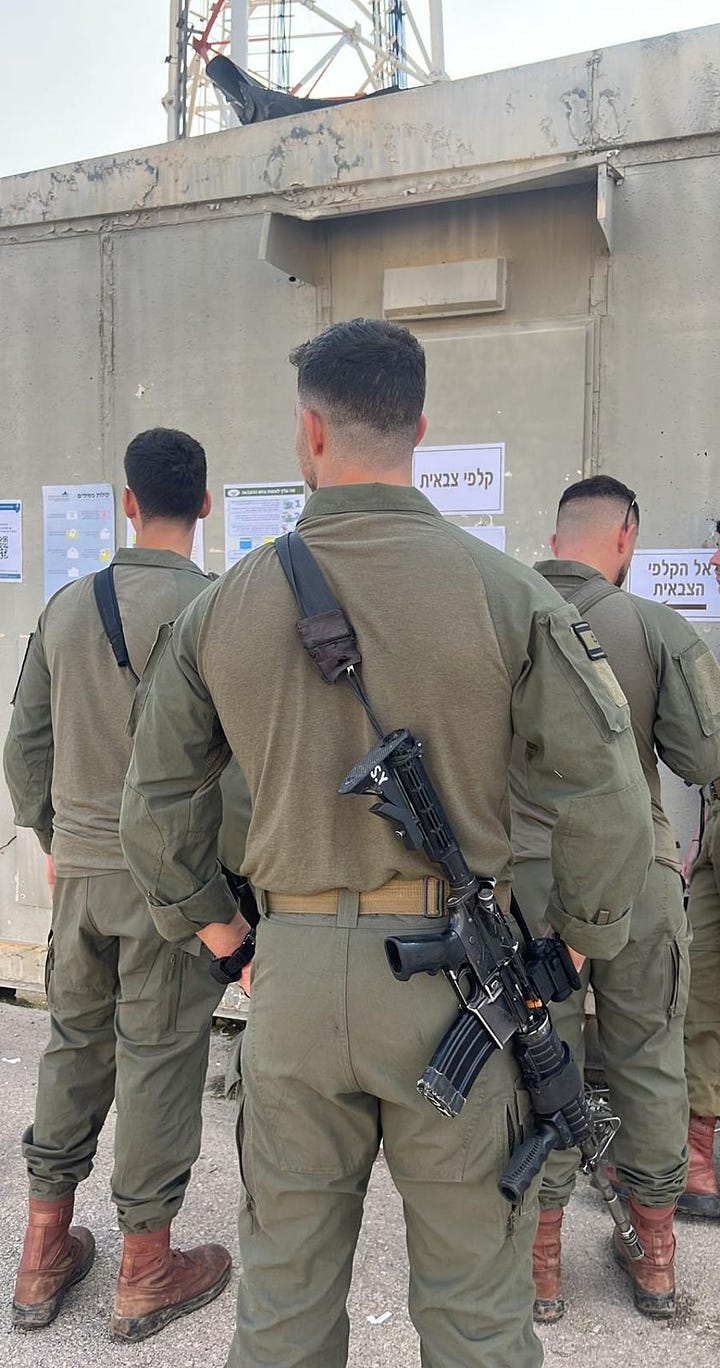
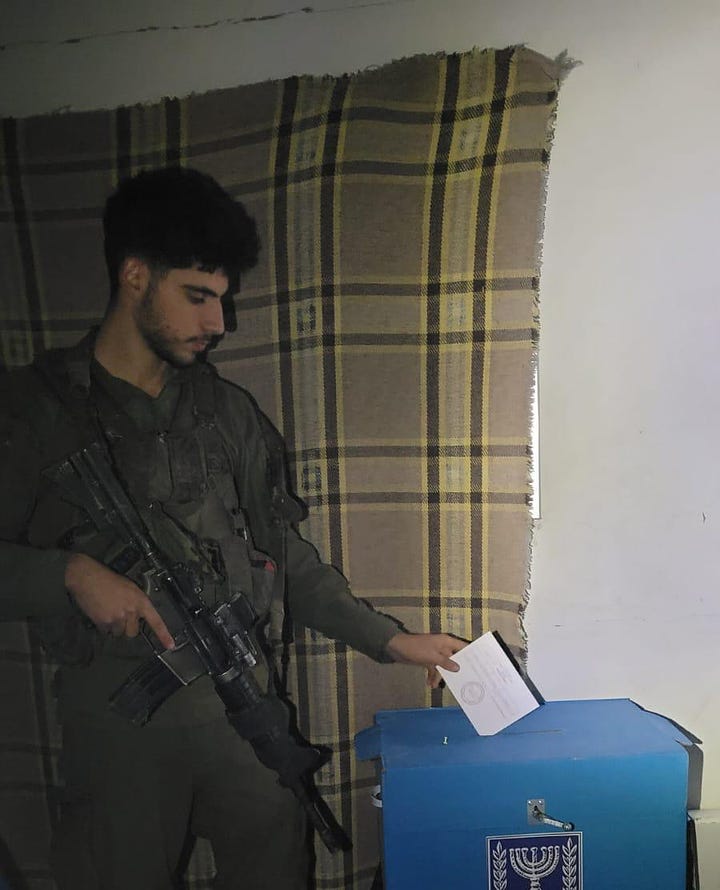

The north is heating up. Just yesterday, there was a major barrage of rockets from Lebanon, and Israel struck deeper inside Lebanon than it has in decades. And the north continues to be terrorized. Watch this video (all over Israeli social media, including here) of a family driving along a highway in the north of Israel. (Listen carefully at the end and you can hear, in addition to the adults, the kids screaming in the back seat):
But what should Israel’s strategy be for the north? If it doesn’t move Hezbollah far from the border, how do citizens return to their homes? Who’s willing to live as they’d have to in the video above? But Hezbollah makes Hamas look like cub scouts. Does Israel really want that war? Can Israel fight it?
In the coming weeks, we’ll be posting a long conversation I had with Ari Shavit, author of the NYTimes bestseller My Promised Land and the more recent (in Hebrew only thus far) A New Israeli Republic. Shavit is also a weekly, much-read columnist for Makor Rishon.
He had this to say about the war in the north, more on which when we post the full conversation with him:
We’ll post, as always, the full conversation with a transcript for paid subscribers, and an excerpt for everyone.
THURSDAY (2/29): Much discussion has been devoted to newfound devotion to Israel that has been unleashed since October 7, and we’ve cover a good bit of that. But there’s another side of the coin—people who have just decided that the war, the stress and the uncertainty are too much for them, and are taking their families to Europe and leaving Israel. It’s a side of Israel we need to know about, and we cover it today.
FRIDAY (3/01): And finally, in the aftermath of October 7th, Israelis are beginning to come to terms with the impact of their not knowing Arabic and not understanding the mindset of many Arabs in the region. The Israeli press has been addressing this gaping chasm in Israeli education and we will share some of the viewpoints that have recently been discussed.
Yair Ettinger is an Israeli journalist, currently serving as the Commentator for Religion issues at Kan 11 News, the Israeli Public Broadcasting Corporation (IPBC).
He served as a journalist with Ha'aretz for 20 years from 1997 to 2017. In 2016 he was a visiting fellow at Brookings Institute in Washington DC, and in 2017-2019 he lived with his family in NY and joined Shalom Hartman Institute in North America.
His book “Prumim” was published in 2019. The English translation of the book,“Frayed: The Disputes Unraveling Religious Zionists,” takes a deep dive into the issues and debates currently dividing the Religious Zionist community inside Israel.
Ettinger also is the co-writer of two books published by the Israeli Democracy Institute: "באין רועה" ("A Flock without a Shepherd", on Shas Movement after the death of its spiritual leader Rabbi Ovadia Yosef, 2018), and "תורה ודעת" on Ultra-Orthodox Boys' Education in the U.S. (published also in English and titled "The Sacred and the Secular").
He has created about a dozen different docuseries on Jewish disputes and trends—such as the political and social question of "who is a Jew" in today's Israel; the controversy over female combat soldiers between the IDF and rabbis; Bible classes and Jewish studies in non-religious schools; the crisis around Israeli Chief Rabbinate and many more.
A note to our listeners- Yair uses the term “tzionut hadatit” many times throughout our conversation. This means “religious Zionism.”
The link above will take you to a brief excerpt of our conversation; the full conversation, along with a transcript for those who prefer to read, is being made available to paid subscribers to Israel from the Inside.
Impossible Takes Longer is available on Amazon and Barnes & Noble and at other booksellers.
Music credits: Medieval poem by Rabbi Shlomo Ibn Gvirol. Melody and performance by Shaked Jehuda and Eyal Gesundheit. Production by Eyal Gesundheit. To view a video of their performance, see this YouTube:
Our Threads feed is danielgordis. We’ll start to use it more shortly.








